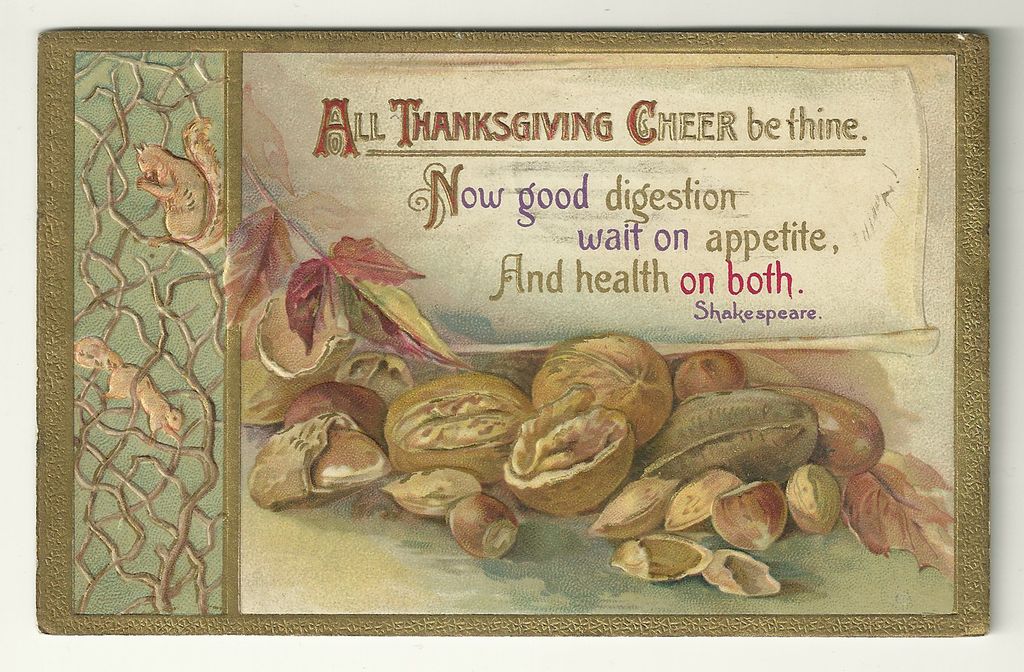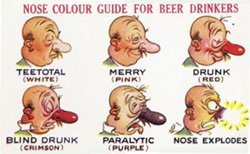Gaer
"Angel whisperer"
- Location
- New Mexico U.S.A.
Question: I understand Shakespeare's parents were illiterate. His daughter Judith, at age 27 ,could not read or write but could only make her mark. I find this rather odd.
He had a complete disregard for study and his schooling was minimal. So, How did this transpire? The writings ascribed to him are genius, but how did they come about?
There are rumors that all his writings were authored by Francis Bacon. Could this have any validity? If so, WHY?
He had a complete disregard for study and his schooling was minimal. So, How did this transpire? The writings ascribed to him are genius, but how did they come about?
There are rumors that all his writings were authored by Francis Bacon. Could this have any validity? If so, WHY?




 How many of me?
How many of me?










